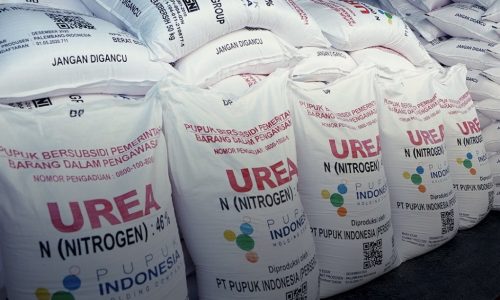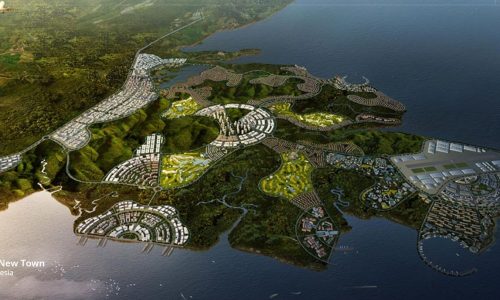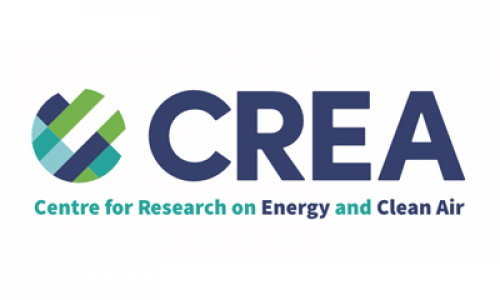State-owned gas distribution company PT Perusahaan Gas Negara (PGN) is set to optimize liquefied natural gas (LNG) products to penetrate deeper into the market and meet industrial energy needs. This strategic move aims to ensure resilience amidst global geopolitical risks.
Director of Strategy & Business Development at PGN, Rosa Permata Sari, said that this strategy also aimed to address industrial needs amid the declining production of natural gas.
“There is one initiative currently being pursued by PGN, which is market penetration with LNG. This consideration is essential for industries when there are unmet industrial needs through piped gas,” Rosa said on Friday, April 26, 2024.
She emphasized that this initiative is an anticipation of the natural decline and is part of PGN’s commitment as an energy provider to support the energy needs of customers, especially in the industrial sector, thus enabling growth amidst current dynamics.
This aligns with the announcement made by the ESDM ministry last month that Indonesia’s natural gas reserves exceed oil reserves, but Indonesian gas production is expected to decline in the coming years due to the natural decline of existing gas wells.
Rosa assessed that many players in the industrial sector understand this situation and realize that LNG, besides its security advantages, also offers more competitive costs compared to other fossil fuels.
“Thus, this is a viable solution to sustain industrial growth amidst natural decline dynamics and facing geopolitical challenges,” she ssaid.
LNG has been used as an energy alternative in many countries, playing a crucial role in the industrial sector and positively impacting nations. Through proper management and optimization, LNG becomes a sustainable and environmentally friendly energy source, supporting the transition towards achieving the Target Net Zero Emission by 2060.
Considering the significant role of LNG, Rosa said that it’s also important for Indonesia to have LNG trading facilities, both for export and import purposes.
“We also need to build hub infrastructure, planned at several points, including Lamongan in East Java, Arun in Aceh, and the last one in Bontang, East Kalimantan,” Rosa said.
PGN continuously emphasizes the importance of planning and implementing relevant energy policies to contribute to maintaining the country’s economic strength. PGN has prepared a long-term plan for the next 5 to 10 years regarding the long-term infrastructure plans to strengthen the commitment to meeting the energy needs of customers.
“With the current geopolitical conditions and energy policies, we need proper planning involving not only PGN but also regulators. Thus, we hope that the logistic price or infrastructure cost to provide more competitive energy will be achieved,” Rosa concluded.









